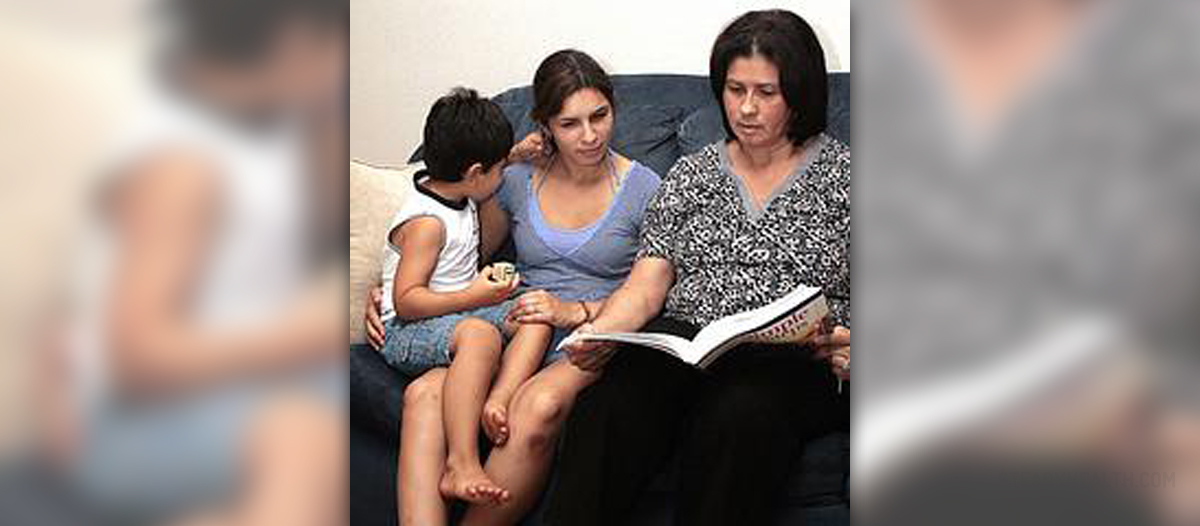
Depression is a notorious disorder which can manifest through various negative symptoms, interfering with one's health and overall well-being. Basically, depressed people spend their lives trapped in negativity and feelings of sorrow and sadness, being incapable of enjoying life or maintaining an optimistic attitude towards life.
Mothers, once they experience the birth of their child, tend to enter a special state of depression called the postpartum depression.
Why Is Depression So Dangerous?
During her postpartum period, every woman is in her most vulnerable stage, when it comes to her emotional health and stability. Due to these extreme changes appearing in her life, a woman can easily develop some sort of a psychiatric illness. Therefore, about 10% of women develop signs of postpartum depression in this period of their lives, most commonly during the first 4 weeks after the pregnancy.
This depression, as well as all other forms of depression can wreak havoc on the woman's well-being due to the fact that it can jeopardize both the mother's capability to take care of herself and the ability to take good care of her child. The depression may manifest through sadness, anxiety, despair, worries and potentially dangerous obsessions regarding the health of the child.
Moreover, the mother may face different emotions overwhelming her, not being sure whether she likes her own child or not, being confused about many other emotional factors. In some stages of the depression, the mother may even be violent towards the child, trying to hurt him/her.
If the woman has suffered from some forms of depression before, the onset of postpartum one may be even more intense, demanding hospitalization as the best possible form of treatment. There, the electroconvulsive therapy is the most common treatment option, showing great results when it comes to helping women suffering from postpartum depression regain their former selves, preventing suicidal or violent tendencies.
Speaking of the child which has a mother affected by postpartum depression, he/she may face a lack of presence of the crucial mother-child bonding. Therefore, neglect, abuse or inadequate process of taking care of the child may be practiced by the depressed mother, along with other inappropriate behavioral patterns.
Keep in mind that, statistically, about 400,000 children get born to mothers who suffer from postpartum depression, risking developing health problems due to this state of affairs.
How To Manage Postpartum Depression
One should be fully aware that postpartum depression is a medical condition which needs to be diagnosed and treated timely. It is not a mere signs of emotional confusion or weakness and should not be taken lightly. Thus, it is very important for the mother with this problem to share her worries and emotional problems with her friends, family or doctor. Seeking help is the first step towards recovery.
There are some steps you can take in order to fight postpartum depression while at home. First of all, you are advised to spend more time with your friends and family, going out and socializing. Staying at home depressed will not help at all. So, do not be afraid to share your burden of being a new mother with others.
Secondly, eat health food, through small snacks distributed moderately during the day. Healthy shakes, smoothies and such food will serve as an excellent healthy and light addition if hunger continues to bother you after your regular daily meals.
Thirdly, stay active and spend some time walking, jogging or performing some other physical activities every day. These are bound to boost your mood. Moreover, focus on going out during the day, since thereby you will expose yourself to healthy sun rays. Additionally, let the sunshine fill out your home by moving the curtains open during the day.
Stay away from caffeine and alcohols, because these are known to make depression worse. Finally, if you need additional support from those who are walking in your shoes, join a new mother support group and learn all about managing to be a great mother.
However, keep in mind not to indulge into any of the above excessively, since this might prove to be counter-productive.
If the above steps do not prove to be sufficient for getting postpartum depression out of your way, seek other forms of treatment such as counseling through cognitive-behavioral, interpersonal or some other forms of therapies.
Alternatively, you can opt for experimental approaches against depression such as light therapy, infant massage classes or parent coaching.
All in all, being a mother to a child can be a shocking and an overwhelming phase of every woman's life. Due to this change, depression may overcome you and lead to various health problems.
Yet, bear in mind that it is very important to resist succumbing to the negativity. Rather, try and seek help from others, regardless if they are qualified professionals or, perhaps, your friends or family.


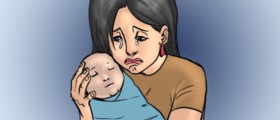
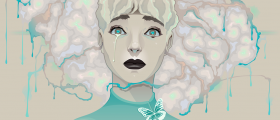

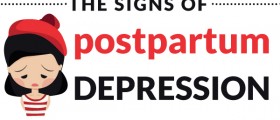







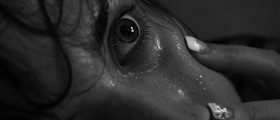



Your thoughts on this
Loading...